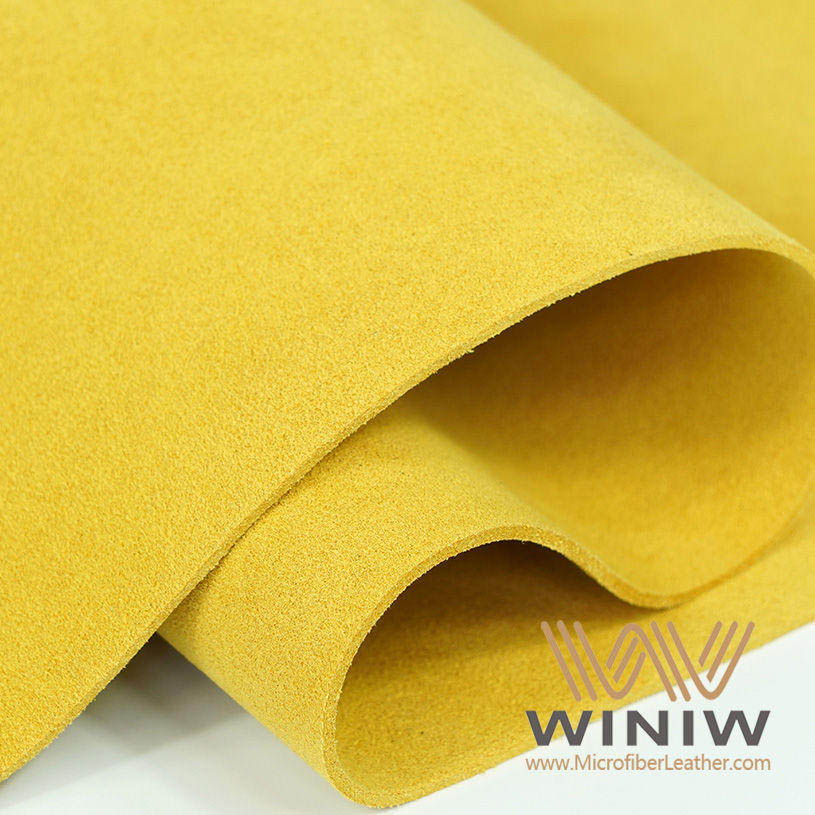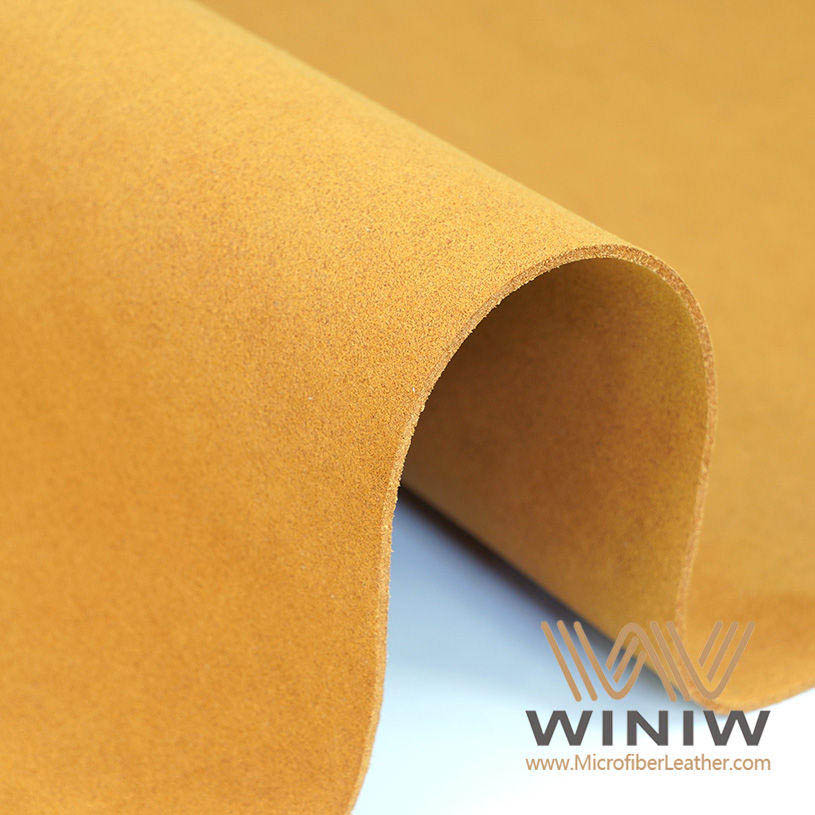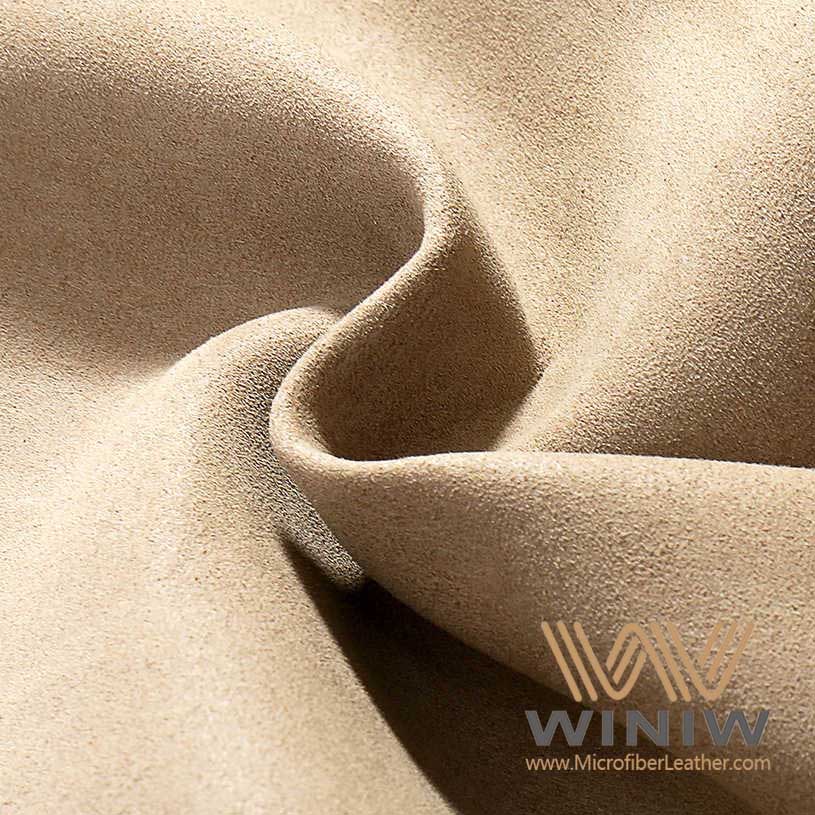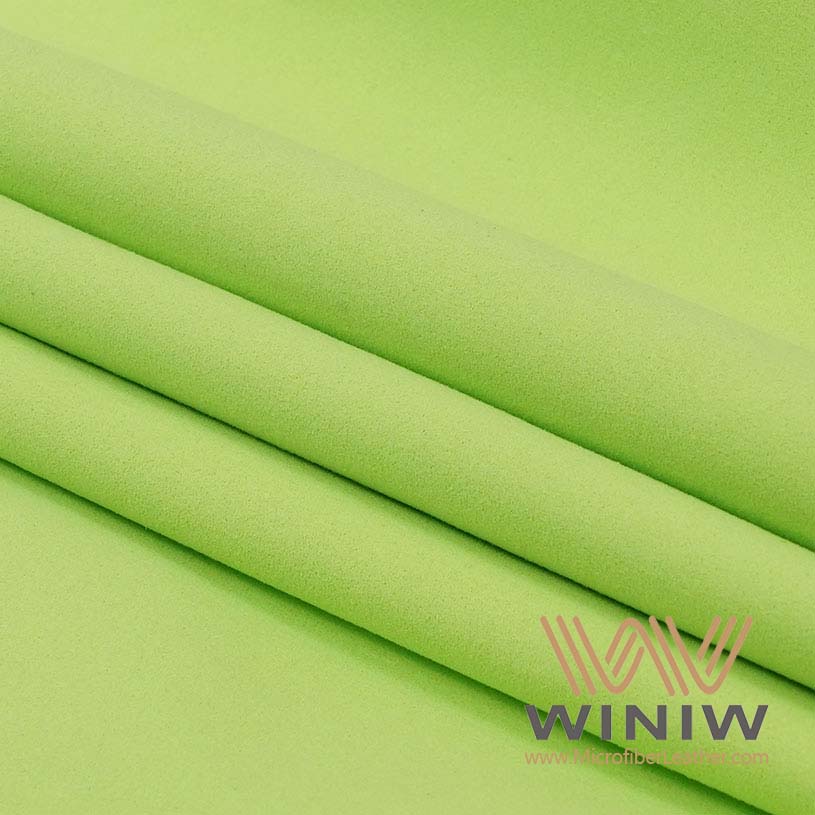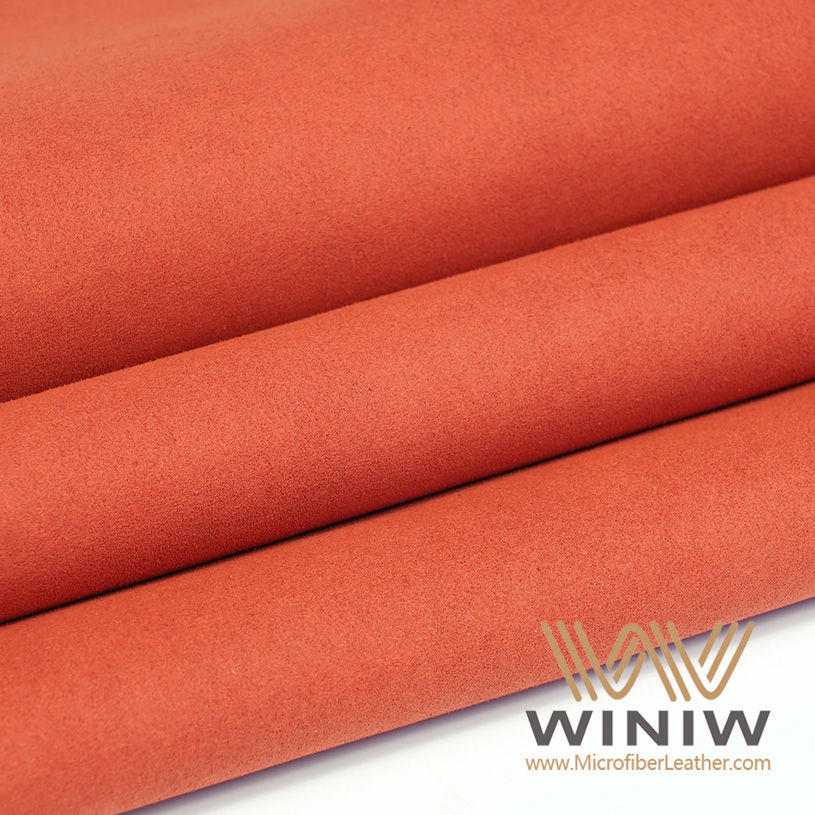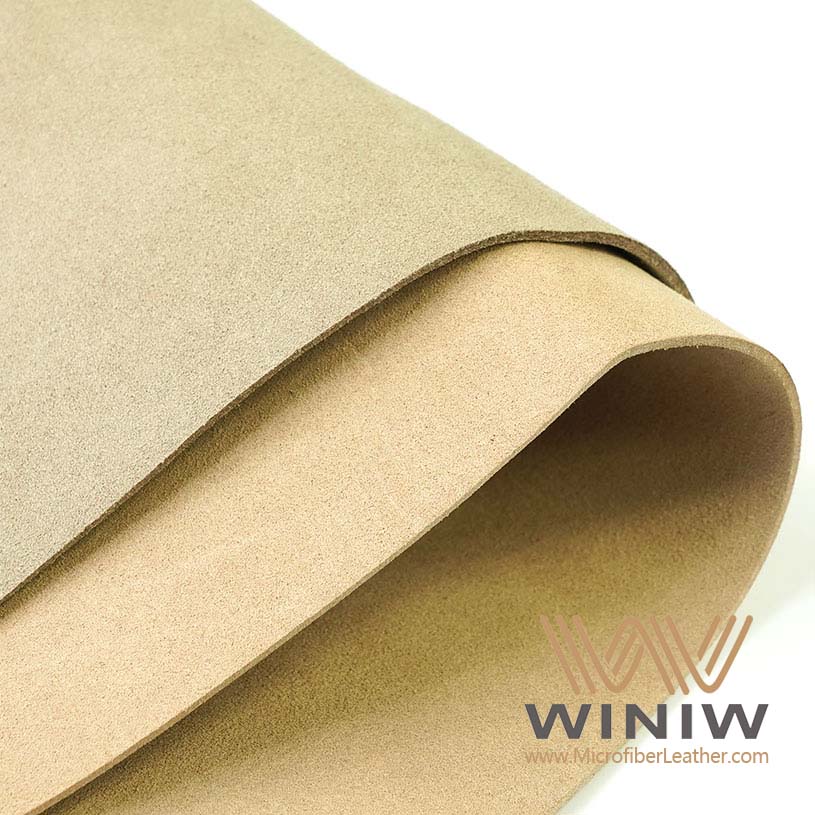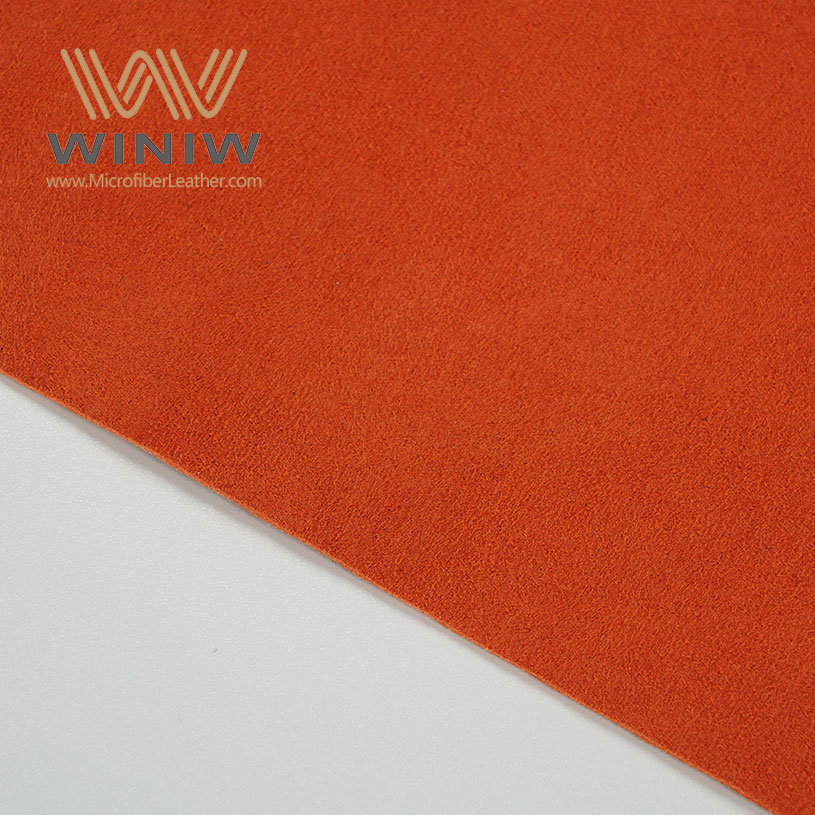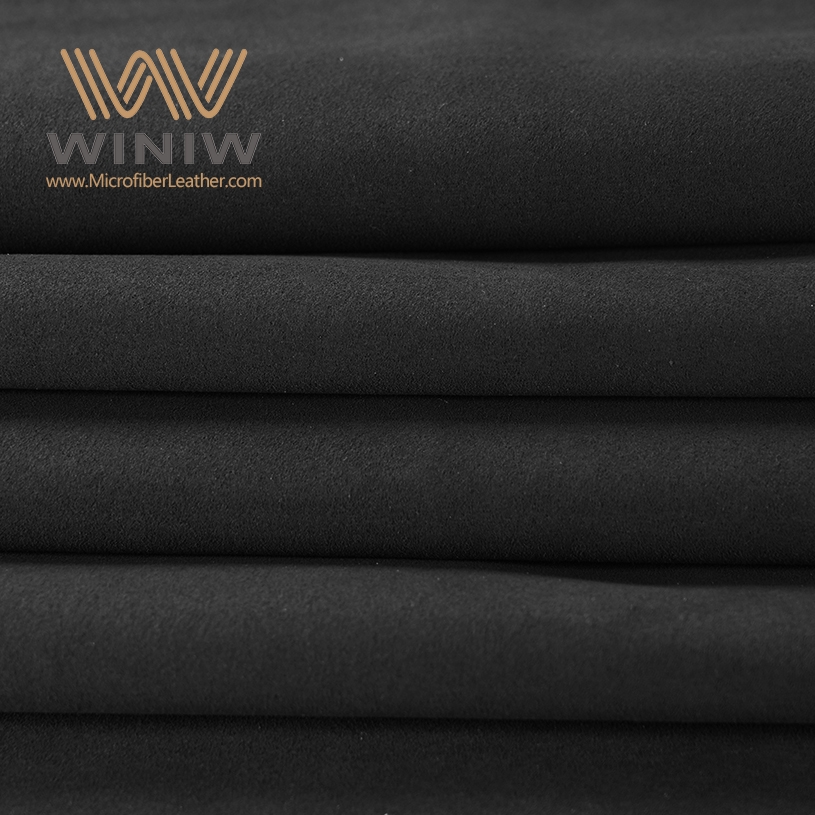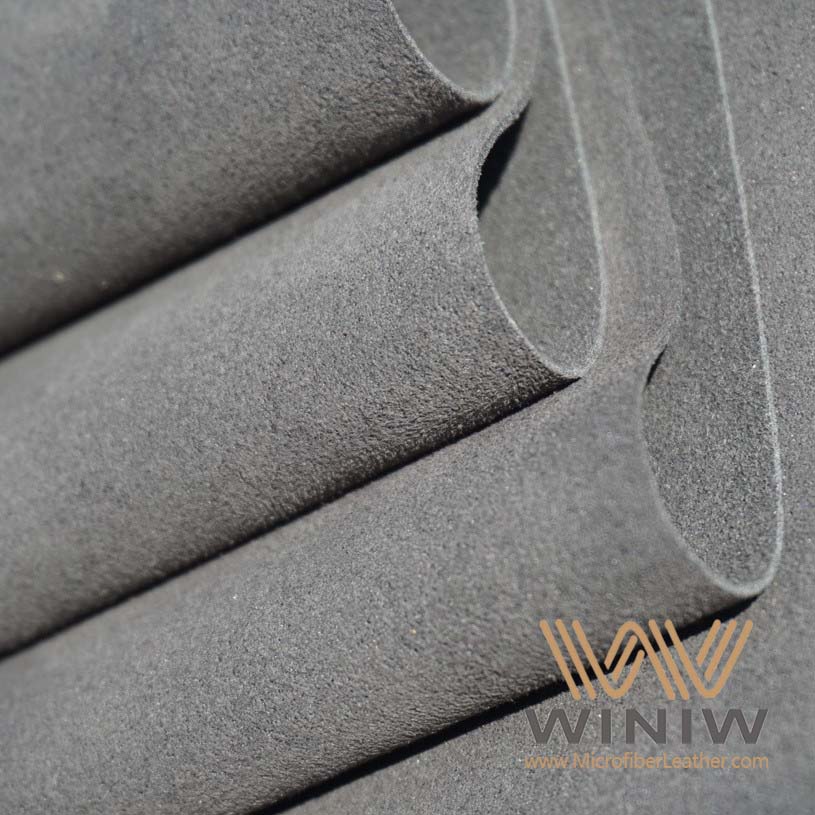
Cotton sheets offer superior breathability, comfort, and temperature regulation, making them the preferred choice for sleep. Surveys show 66% of people choose cotton sheets over Microsuede Sheets for a comfortable sleep.
Key Takeaways
Cotton sheets are the best choice for breathability and moisture management, making them ideal for hot sleepers.
Microsuede sheets provide warmth and softness, perfect for cold climates, but may trap heat and moisture.
Consider personal needs like skin sensitivity, budget, and environmental impact when choosing between cotton and microsuede sheets.
Quick Comparison: Microsuede vs Cotton Sheets
Key Features Compared
Choosing the right sheets can transform sleep quality. Microsuede and cotton sheets each offer unique benefits. Cotton sheets stand out for their natural breathability and comfort. They use a breathable fabric that keeps sleepers cool and dry. Microsuede sheets, made from synthetic fibers, feel soft and cozy, especially in colder months. However, they may not provide the same level of breathability as cotton.
Pros and Cons Summary
Cotton sheets deliver benefits like breathability, moisture resistance, and hypoallergenic properties. They suit those who want breathable sheets for year-round comfort.
Microsuede sheets offer benefits such as softness, warmth, and easy care. However, they may lack breathability and can feel hot in summer.
Both sheet types provide durability and comfort, but cotton’s natural breathability and moisture management give it an edge for most sleepers. Those seeking warmth and easy care may prefer microsuede, but cotton’s benefits make it the top choice for breathable sheets.
Microsuede Sheets: What to Know
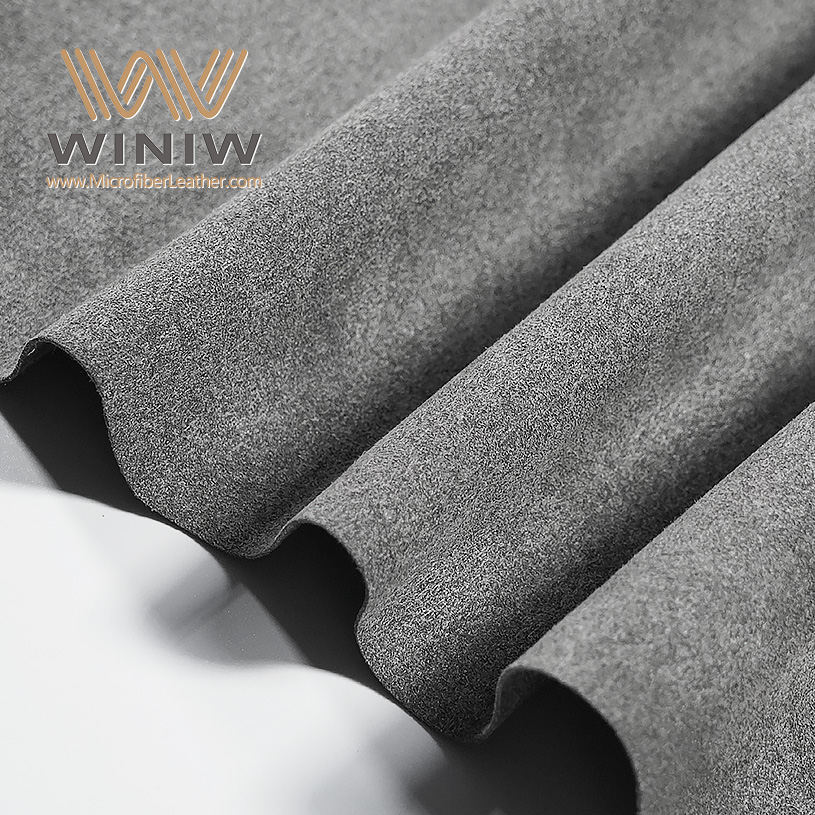
Microsuede Sheets Features
Microsuede sheets use synthetic fibers to create a soft, velvety surface. These sheets mimic the texture of suede but remain lightweight and comfortable. Many people choose microfiber sheets for their soft feel and affordable price. The fabric resists wrinkles and stains, making it easy to clean and easy to care for. Unlike natural cotton, microfiber sheets do not breathe as well, which can affect comfort during warm nights. The softness of these sheets appeals to those who want immediate coziness without a break-in period. Their highly durable sheet construction ensures longevity, even after frequent washing.
Pros of Microsuede Sheets
Microsuede sheets offer several advantages for sleepers:
Lower cost and easy maintenance make them ideal for guest rooms or rental properties.
Stain resistance benefits families with children.
Softness and a soft feel provide instant comfort at an affordable price.
Extra warmth suits cold climates.
Microfiber sheets are lightweight and comfortable, adding to their appeal.
These sheets are easy to care for and easy to clean, which saves time.
Many users find them durable and long-lasting.
Cotton Sheets: Why They’re Better for Sleep
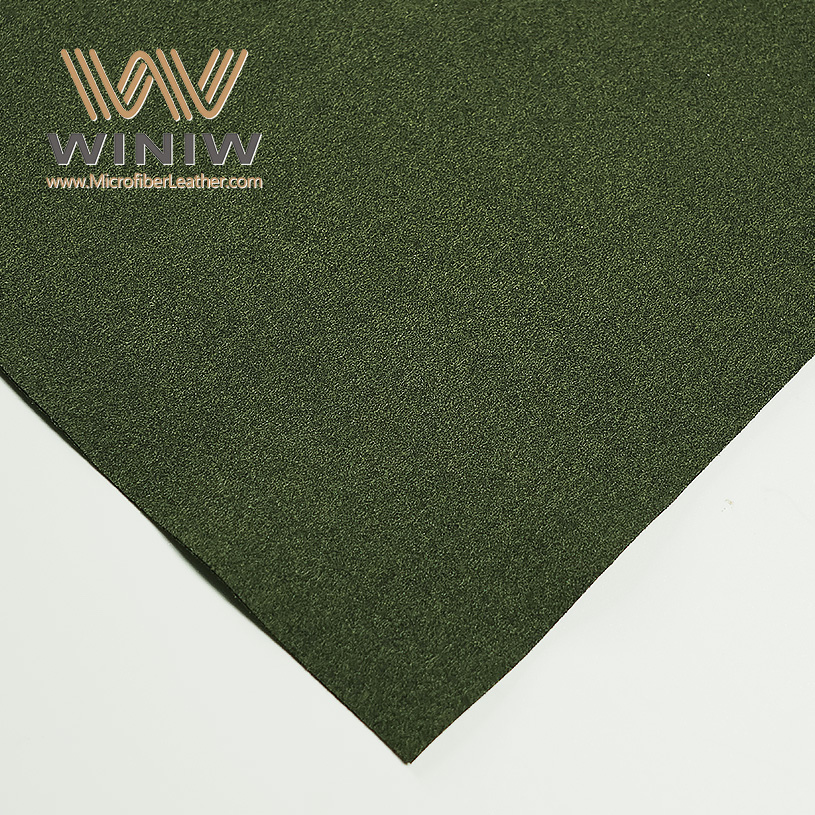
Cotton Sheets Features
Cotton sheets stand out for their natural properties and high quality. They provide temperature regulation, making them suitable for both warm and cool weather. Cotton sheets are breathable, which helps the body regulate temperature for a restful sleep. The tighter weave of cotton offers controlled ventilation, enhancing comfort throughout the year. Cotton feels soft and gentle on the skin, making it ideal for those with sensitive skin. Many people choose cotton sheets because they deliver consistent quality and comfort.
Temperature regulation for all seasons
Breathable fabric for natural cooling
Soft texture, gentle on sensitive skin
Tighter weave for controlled ventilation
Pros of Cotton Sheets
Cotton sheets offer several benefits that make them better for sleep. Sleep specialists often highlight their softness, breathability, durability, and moisture-wicking properties. Cotton sheets allow air to circulate, which helps regulate body temperature throughout the night. They wick away moisture, preventing overheating and ensuring comfort in various temperatures. The natural properties of cotton contribute to a calm and restorative sleep environment.
Cotton sheets are superior in regulating temperature due to their breathability, which helps wick moisture away from the skin. This feature is crucial for maintaining a comfortable sleep environment, allowing individuals to stay cool and dry, thus enhancing overall sleep quality.
Softness and comfort for sensitive skin
High breathability for better sleep quality
Durable construction for long-lasting use
Effective moisture-wicking to keep sleepers dry
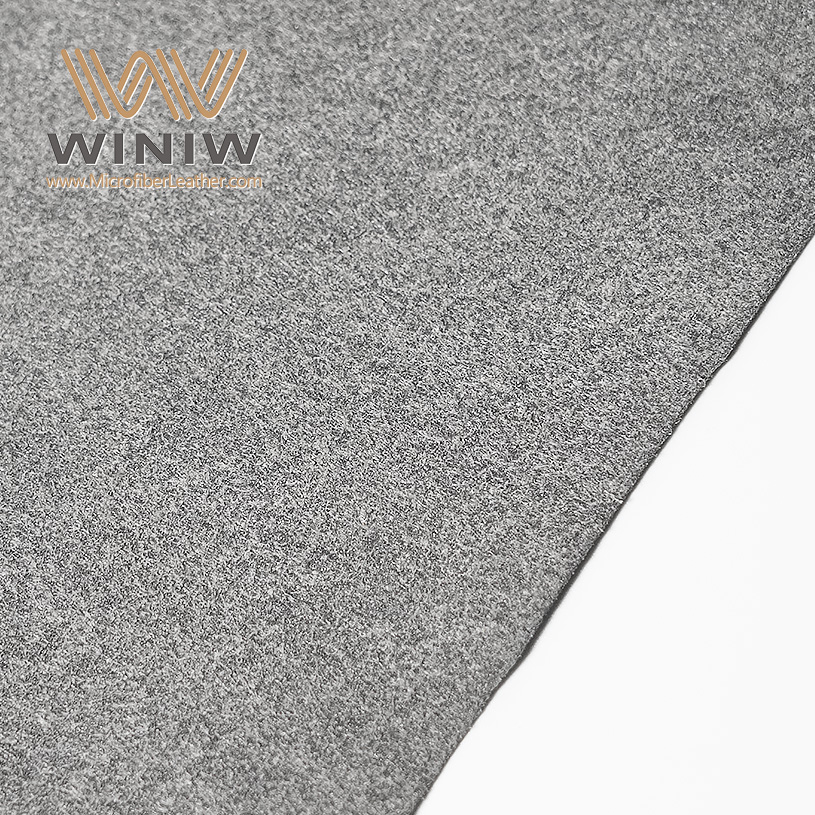
Cons of Cotton Sheets
Despite their many advantages, cotton sheets have some drawbacks. Over time, cotton sheets may become worn or scratchy, which can reduce comfort and quality. Some users report that cotton sheets can slip off the mattress during the night. Certain types of cotton sheets may retain heat, leading to discomfort for hot sleepers. Shrinkage after washing can also affect fit and quality, with some sheets shrinking up to 6%. Claims about deep pockets may be misleading, as many sheets fail to fit standard mattresses after several washes.
May become worn or scratchy over time
Can slip off the mattress
Some types retain heat, causing discomfort
Shrinkage after washing affects fit and quality
Which Is Better for Sleep? Head-to-Head
Comfort and Feel
Cotton sheets deliver a crisp, soft touch that many sleepers associate with luxury and relaxation. The natural fibers in cotton create a gentle surface that feels cool and smooth against the skin. Many people with sensitive skin prefer cotton because it rarely causes irritation. Microsuede sheets, made from synthetic fibers, offer a plush, velvety texture. This material feels cozy and warm, especially during colder months. However, some users notice that microsuede can lose its softness over time, and the fabric may attract lint or pet hair. For those who value a classic, breathable feel, cotton sheets often provide a more satisfying sleep experience.
Durability and Care
Durability and ease of care influence the long-term value of any bedding. Cotton sheets offer impressive durability when cared for properly. They withstand frequent washing, but they may wrinkle, shrink, or require ironing. Manufacturers recommend washing cotton sheets in cool or warm water and tumble drying on low to preserve quality. Over time, cotton can become softer, but improper care may reduce its lifespan.
Microsuede sheets stand out for their low-maintenance care. These sheets resist wrinkling, dry quickly, and rarely shrink. Most types can be washed in warm or cold water and come out of the dryer ready to use. However, microfiber may feel staticky after washing and drying, and some varieties require low-temperature washing. While microsuede sheets resist wear and tear, they may lose softness with repeated washing. Cotton sheets, with careful maintenance, tend to last longer and retain their comfort, making them a strong choice for those seeking both durability and easy care.
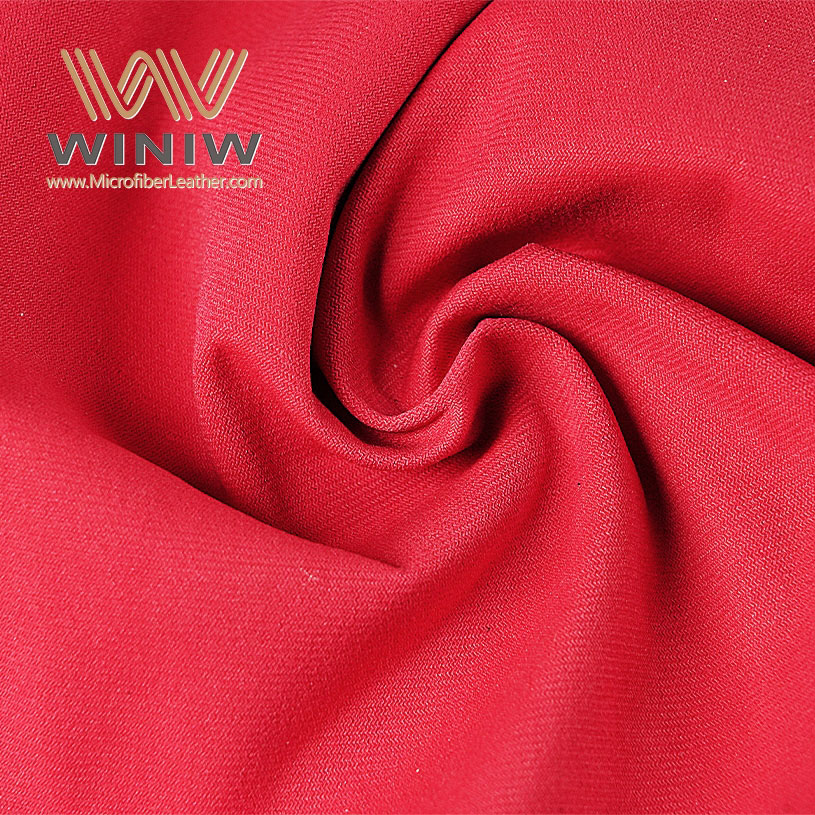
Cost and Value
Cost and long-term value often guide the decision between cotton sheets and microsuede sheets. Cotton sheets usually have a higher upfront cost, especially for premium varieties. However, their greater durability and longevity mean less frequent replacement. Over time, this can offset the initial investment. Microsuede sheets appeal to budget-conscious shoppers with their lower price point. These sheets require less maintenance and resist wrinkles, but they may need to be replaced more often due to wear.
Feature | Cotton Sheets | Microfiber Sheets |
|---|---|---|
Initial Cost | Higher upfront cost | Lower upfront cost |
Durability | Greater durability and longevity | May require more frequent replacement |
Maintenance | Requires more care (ironing) | Low-maintenance, resistant to wrinkles |
Replacement Frequency | Less frequent replacement needed | More frequent replacement due to wear |
For those seeking long-term value and fewer replacements, cotton sheets offer a better return on investment. Microsuede sheets provide immediate savings but may not last as long.
Environmental Impact
Environmental considerations matter to many consumers. Cotton sheets, made from natural fibers, offer biodegradable and eco-friendly options. Organic cotton reduces the use of pesticides and chemicals, making it a sustainable choice. However, conventional cotton farming can consume significant water and resources. Microsuede sheets, produced from synthetic materials, rely on petroleum-based processes. These sheets do not biodegrade and contribute to plastic waste. Their production also uses chemicals that can harm the environment. For those prioritizing sustainability, cotton sheets present a more responsible option. Microsuede sheets may suit those who value easy care and affordability, but they carry a higher environmental cost.
Tip: For eco-conscious sleepers, organic cotton sheets provide the best balance of comfort, temperature regulation, and sustainability.

FAQ
Are microsuede sheets suitable for people who sweat during sleep?
Microsuede sheets trap heat and moisture. People who sweat during sleep may feel uncomfortable. Cotton sheets offer better moisture management and help maintain a cooler sleep environment.
How often should someone wash their sheets for optimal sleep hygiene?
Experts recommend washing sheets once a week. Clean sheets reduce allergens and bacteria. Regular washing helps maintain a healthy sleep space and improves overall sleep quality.
Do cotton sheets last longer than microsuede sheets with regular sleep use?
Cotton sheets generally last longer with regular sleep use. Their natural fibers withstand frequent washing. Microsuede sheets may lose softness and durability over time, especially with heavy sleep activity.



